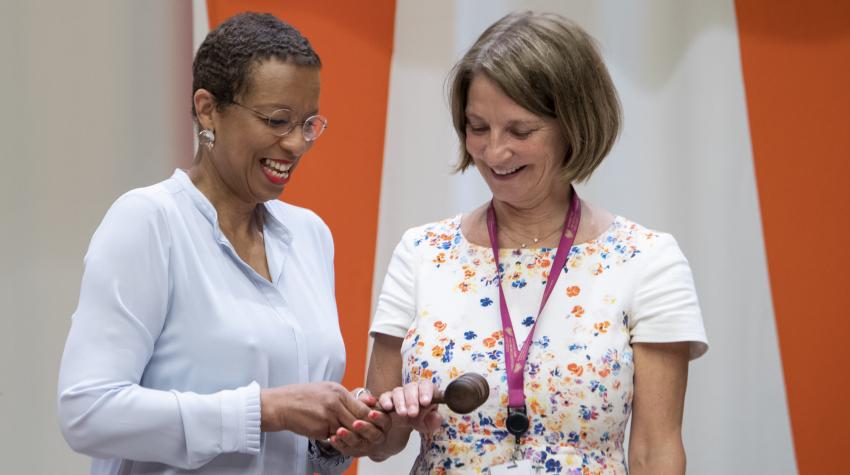
Reflections on the Charter of the United Nations on its 75th Anniversary
As we celebrate the 75th anniversary of the Charter of the United Nations, let us remind ourselves of the promise it embodies, to help the world become a more prosperous, just, equitable and peaceful place.
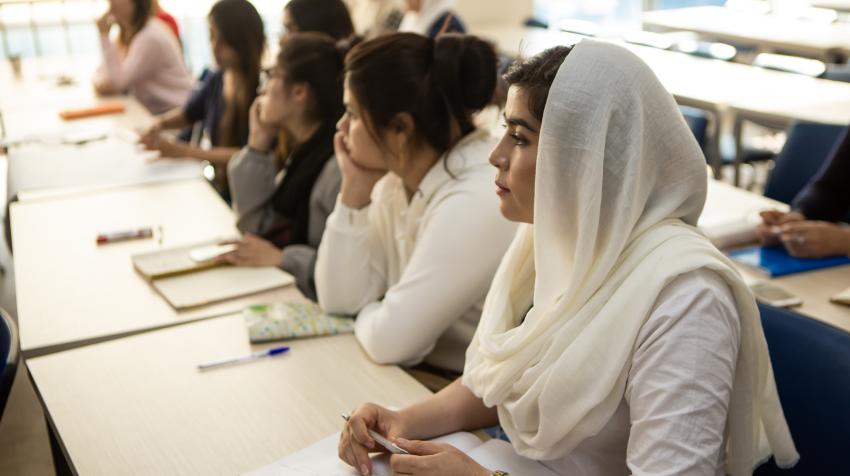
Progress Towards Gender Equality and Women’s Empowerment: The UNDP Journey
As the largest development actor, UNDP holds a key responsibility to ensure progress towards gender equality and sustainable development.
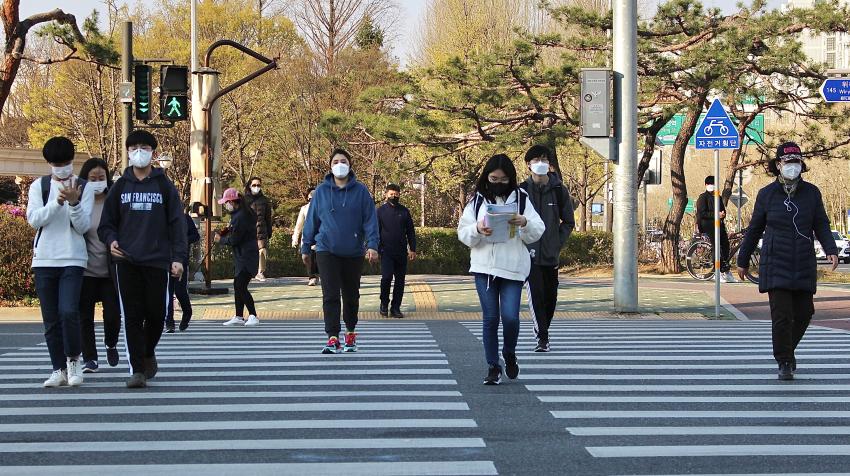
COVID-19: What You Should Know About Masks
The Republic of Korea was able to lower its infection rate without the kind of strict, cross-border restrictions and lockdowns that were imposed in other countries.
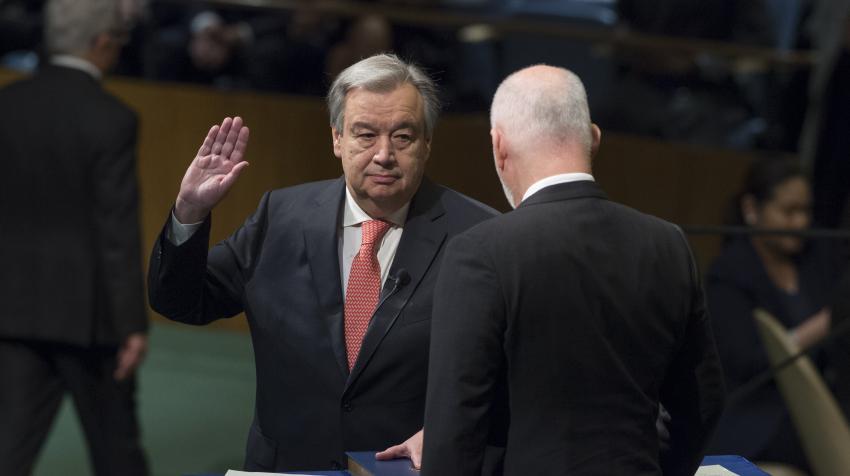
Marking 75 Years of the Charter of the United Nations
At a time when the world is wrestling with the COVID-19 pandemic, rising geopolitical tensions and growing climate disruption, the Charter points the way to the solidarity we need today and across generations.
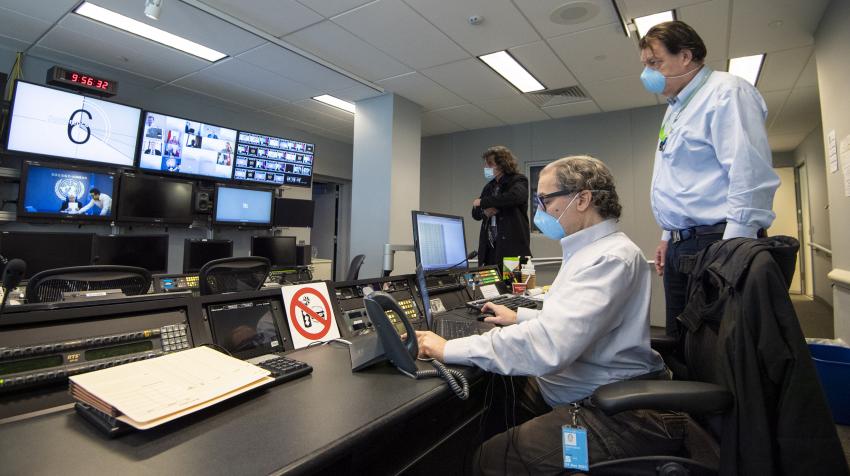
UN Technology to Cope with COVID and Beyond
Today and into the future, technology will be used by good and bad actors, and the United Nations should be ahead of the technology curve.

Protecting Ocean Health Will Protect the Health of Humankind
We may not be able to gather to celebrate the ocean right now, but the global health crisis should sharpen our resolve to protect our blue planet.
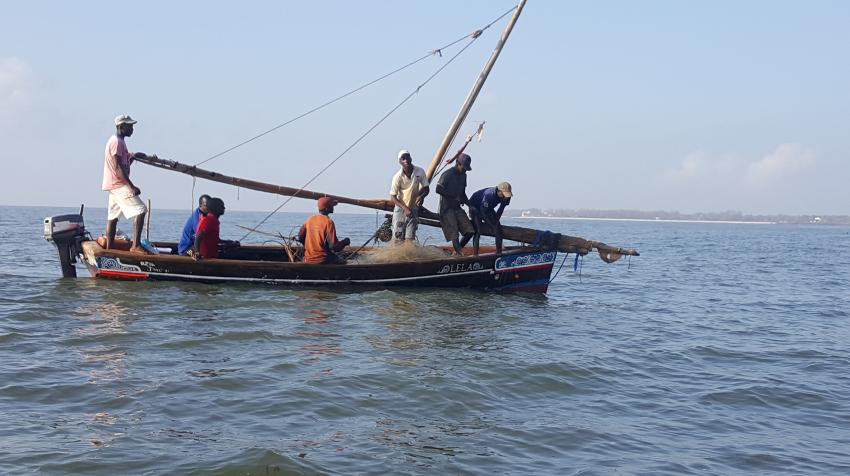
Innovation for a Sustainable Ocean amid the COVID-19 Pandemic: Impacts on Kenya’s Marine and Coastal Environment
With the emergence of the global COVID-19 pandemic, Kenya’s coastal and marine landscape has changed in ways that were unimaginable just a few months earlier.
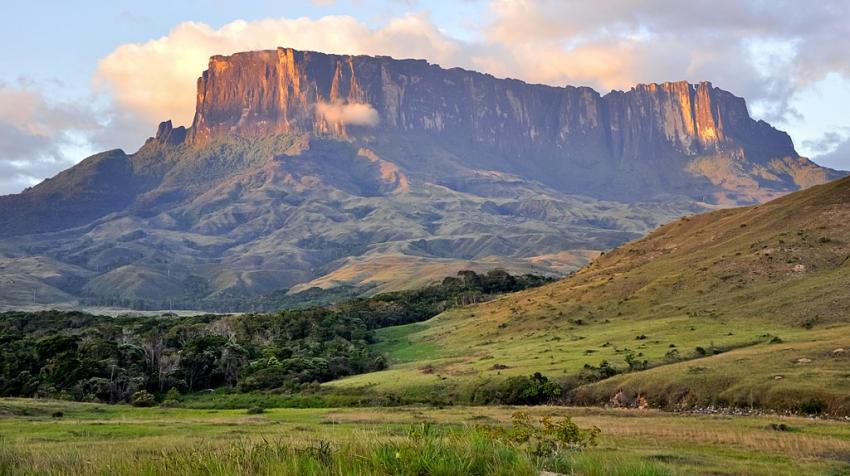
Celebrating and Safeguarding Biodiversity to Prevent the Next Pandemic
Making our cities and rural areas more resilient and restoring degraded lands and forests will reduce our vulnerability to future zoonotic diseases and help mitigate climate change while maintaining our biodiversity, water supply and planetary health.

The Transformative Change We Need to Live in Harmony with Nature
The global trend of biodiversity loss is threatening our survival as a species and the future of our planet.
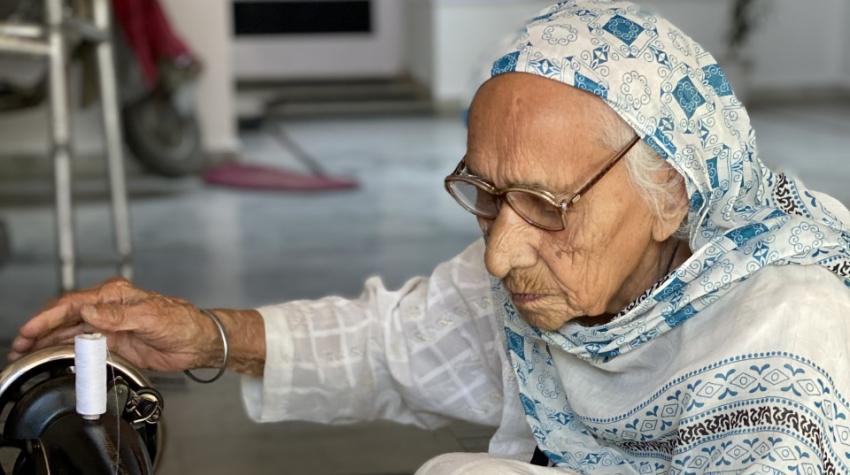
Ninety-Eight-Year-Old 'Corona Warrior' Rises to the Challenge
At a time when, in the words of United Nations Secretary-General António Guterres, "we need every ounce of solidarity", the story of 98-year-old Gurdev Kaur Dhaliwal of Moga, who stitches masks for the poor, is the ultimate manifestation of unity of purpose.
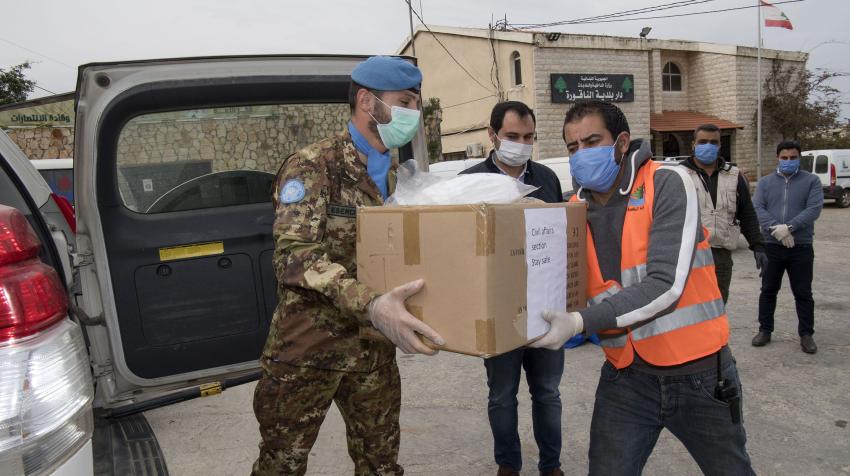
Serving as a UNIFIL Peacekeeper During the COVID-19 Pandemic
The support of my family and the opportunity offered by UNIFIL have propelled me, as a United Nations peacekeeper, to play an active part in this global, unconventional war for the good of the humankind.

Indigenous Peoples Confronting the Pandemic: Nīsōhkamātowin wāhiyaw itōhtēmakan
Viruses don’t discriminate, but governments, institutions and social systems do. Infectious diseases like COVID-19 follow the channels carved by centuries of prejudice and inequality.
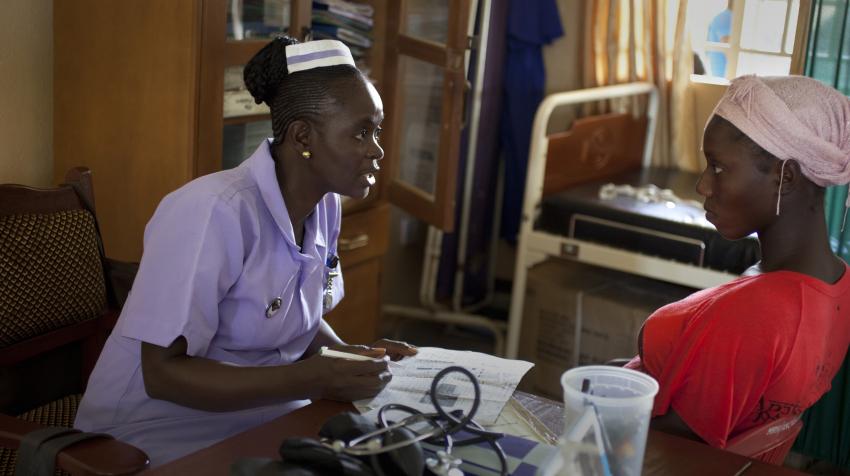
Women’s Leadership in Promoting Global Health and Well-Being
Globally, women bear the burden of disease disproportionately and face premature death due to gender-based inequities; these negative indicators are reflected in discrepancies with regard to access to basic health care services, nutrition and educational opportunities.
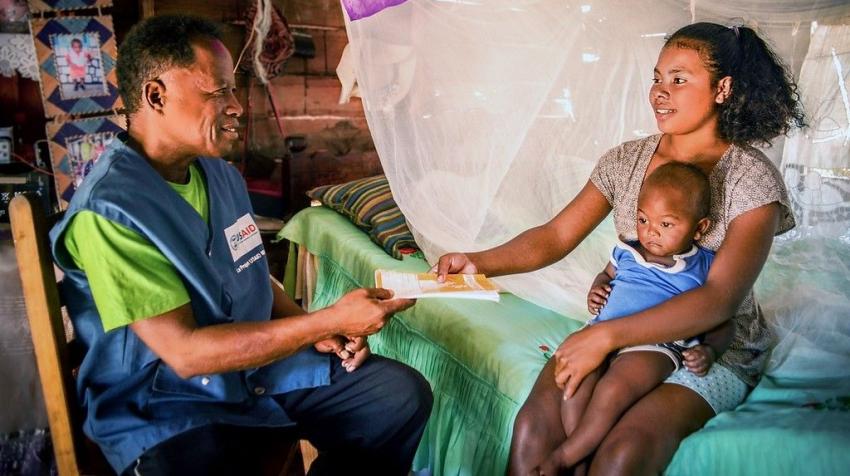
Modernizing Our Public Health Systems to Be Ready for the Next Pandemic
Today, many countries are still in crisis mode, doing what they can to control their COVID-19 outbreaks through measures such as social distancing, case detection and isolation, and treating hospitalized patients. Beyond the crisis stage, they will need improved public health capabilities to prevent a COVID-19 resurgence and to be ready for future pandemics.
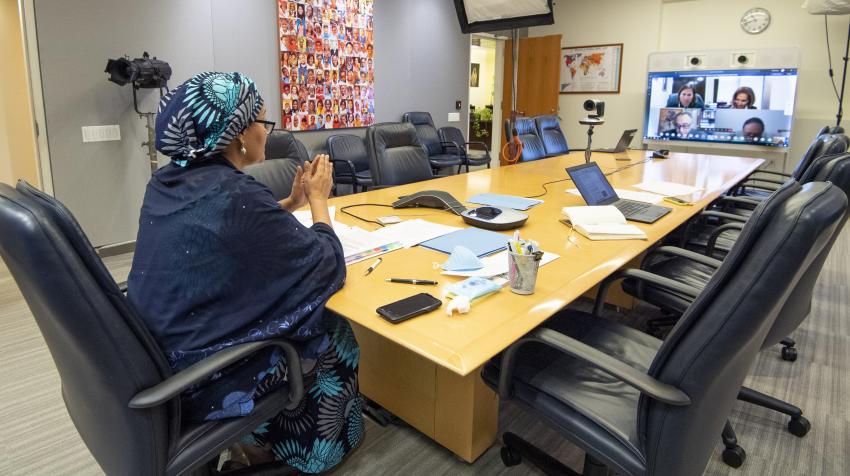
Proof Positive: COVID-19 Shows the Necessity of Multilateral Responses—and Global Solidarity
Although we are still in the most acute phase of the pandemic, it is already time to prepare for the day after. We need to make sure to “recover better”: better preparedness to tackle future similar crises, better governance, and more sustainable economic and social systems.
